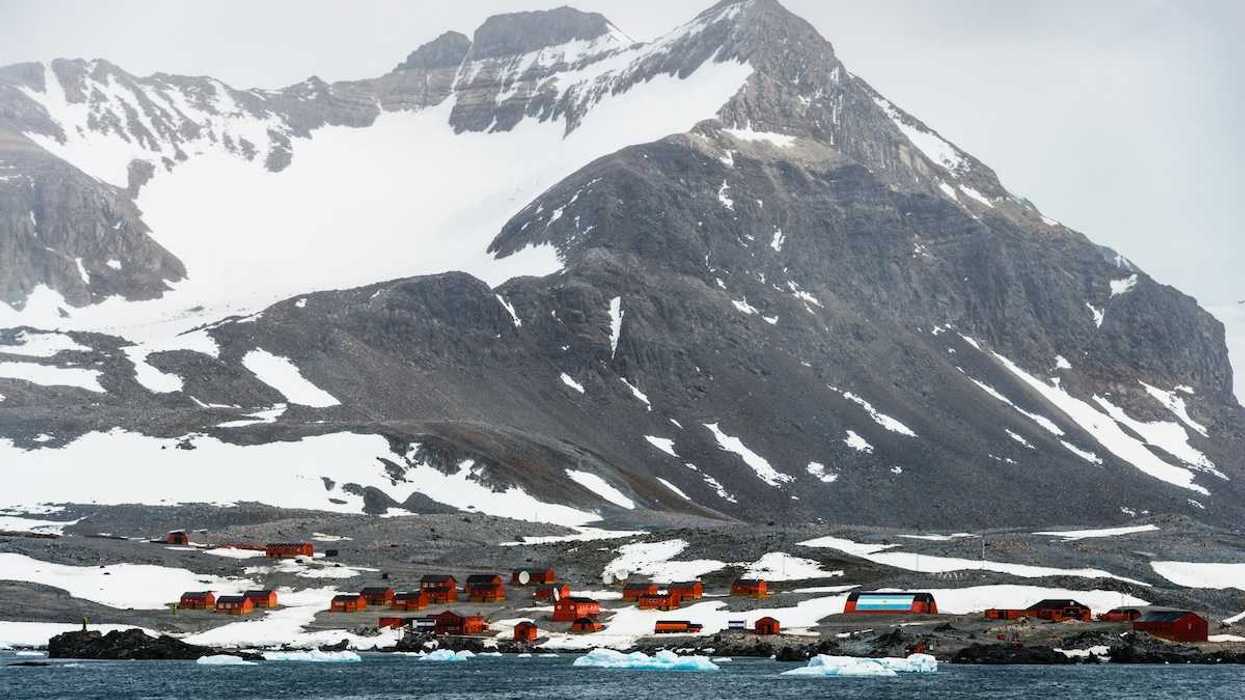Long-term exposure to air pollution is linked to higher levels of illness and mortality even when air pollution levels are well below legal limits, according to a new study.
Previous research has linked both acute and long-term exposure to high levels of common outdoor air pollutants like black carbon, nitrogen dioxide, and particulate matter (PM2.5) to higher risk of respiratory disease, heart disease, cancer, mental illness, and premature death.
The new study, published today in The BMJ journal, followed 325,367 adults from six European countries over a 20-year period. Around 14.5% (47,131 people) died during the study period, and researchers found that people with higher exposure to air pollution were more likely to die—even when air pollution levels remained below legal thresholds set by the U.S. Environmental Protection Agency (EPA), the European Union, and the World Health Organization (WHO).
"These findings are therefore an important contribution to the debate about revision of air quality limits, guidelines and standards," said researchers at the Institute for Risk Assessment Sciences at Utrecht University in the Netherlands in a statement. The Institute led an international team of researchers in conducting the study.
In the U.S., the legal threshold for PM2.5 is a yearly average of 12 micrograms per cubic meter (μg/m3), but the researchers found even among people exposed to levels below that limit, any increase of 5 μg/m3 in PM2.5 was associated with a 29.6% increase in natural deaths (deaths not caused by accidents or violence).
They also found that among people exposed to nitrogen dioxide at levels less than half the current EU limit of 40 μg/m3, any 10 μg/m3 increase in nitrogen dioxide was associated with a 9.9% increase in natural deaths. The U.S. threshold for nitrogen dioxide is 53 μg/m3.
Related: How artificial intelligence can help save us from air pollution
The study has some limitations. It doesn't examine the physical pathways by which air pollution may have contributed to disease or causes of death, and it focused on air pollution exposures in 2010, which may have been higher than levels of exposure participants experienced in subsequent years.
The researchers analyzed air pollution levels and detailed health data for study participants from Sweden, Denmark, France, the Netherlands, Germany, and Austria, who were originally recruited in the 1990s or 2000s. Air pollution concentrations began dropping significantly in Europe in the 1990s due to new regulations, so the researchers launched the study with the goal of determining whether legal thresholds are adequate to protect people from the low levels of pollution that persist.
"Our study contributes to the evidence that outdoor air pollution is associated with mortality even at levels below the current European and North American standards and WHO guideline values," they concluded.
Banner photo: Steven Lewis/Unsplash
- A new monitor could revolutionize the way air pollution is regulated - EHN ›
- Air pollution lowers global life expectancy by more than two years: Report - EHN ›
- Air pollution lowers global life expectancy by more than two years: Report - EHN ›
- Listen: EHN reporter discusses pollution's mental health toll - EHN ›

















